The National Native American Boarding School Healing Coalition (NABS) received a $124,311 grant from the National Historical Publications and Records Commission (NHPRC) to create a database of information on Quaker-run Indian boarding schools. This fall, NABS will collaborate with Swarthmore and Haverford Colleges to digitize 20,000 pages of documents related to the schools.
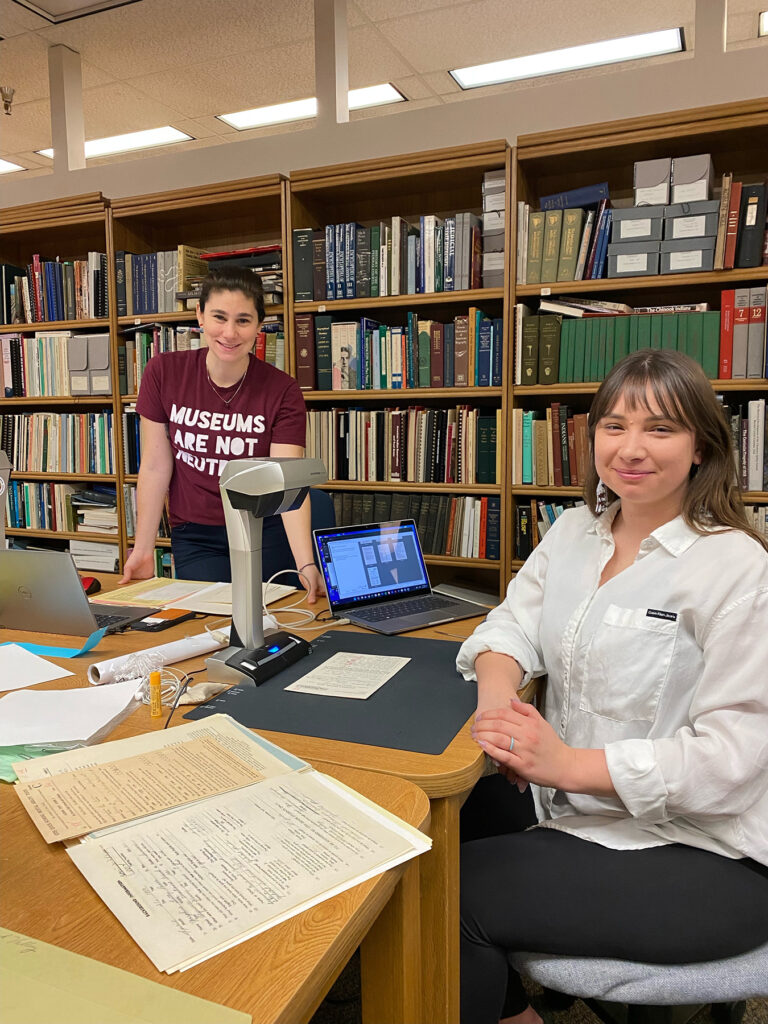
“This is very much a collective endeavor,” said Samuel Torres, deputy chief executive officer of NABS.
The documents—from at least nine schools—include photos, financial records, letters, and administrative reports from institutions in Pennsylvania, Ohio, New York, Indiana, Oklahoma, and Nebraska. The records are held in the Friends Historical Library of Swarthmore College and in the Quaker and Special Collections at Haverford College, both located outside of Philadelphia, Pa.
The U.S. federal government operated 408 Native American boarding schools in 37 states (or what were at that time territories) according to a 2022 report by the Department of the Interior. Quakers and other Christian faith communities had active roles in operating and funding the institutions.


Left: John Saunders letterbook. Joint Committee on Indian Affairs and its predecessors, Philadelphia Yearly Meeting records (QM-Phy-780), Friends Historical Library of Swarthmore College. Right: “Tunesassa Echoes” was a hand-copied journal of student essays and school news produced at Tunesassa School by students who were members of the General Improvement Society. The organization had as its goal helping its members become “better readers, speakers and writers.” Quaker Fund for Indigenous Communities and its predecessors, Philadelphia Yearly Meeting records (QM-Phy-838), Quaker and Special Collections, Haverford College.
The schools sought to annihilate Indigenous culture, were marked by child abuse, and involved forcibly removing children from their homes.
The database will allow users to look at the history of boarding schools more comprehensively than was previously feasible.
“Different researchers will have different interests,” said Sarah Horowitz, head of Quaker and Special Collections at Haverford College.
After the documents are scanned and added to the database, members of Indigenous communities will use them to find out what happened to their children who attended the boarding schools, according to Torres.
The questions the database will help Quakers answer differ from those guiding Native Americans’ research, according to Paula Palmer, codirector of the Toward Right Relationship with Native Peoples program of Friends Peace Teams.
Quakers are interested in discovering what discernment processes led monthly and yearly meetings to run and fund Indian boarding schools, according to Palmer. Friends would also like to know what specific roles their forebears in the faith played in the schools as well as what value judgments led to participation at the time.
Left: Students at Tunesassa School, 1906. The photo was taken by a photographer from Salamanca, N.Y. The back of the photograph identifies each of the students by name. Portraits & Miscellaneous Photographs (MC 850), Quaker and Special Collections, Haverford College. Right: A group of Indian boarding school survivors. Photo courtesy of NABS.
“As archivists, it’s been very apparent to us over the past five years that Quakers are really interested in exploring this history and also that Quakers are really thinking about these healing and reparations pieces,” said Celia Caust-Ellenbogen, associate curator of Friends Historical Library of Swarthmore College.
Palmer believes Friends might know of personal collections of relevant documents and artifacts they could share with the Quaker Indigenous Boarding Schools Research Network. The network consists of Quaker researchers—some acting at the directive of their yearly meetings—who meet weekly to share findings on Friends’ involvement in Indian boarding schools. Quaker researchers have not found a trove of records detailing the finances and operations of individual schools, according to Palmer. Earlham College in Richmond, Ind., holds a collection of records from the Quaker-established White’s Indiana Manual Labor Institute in Wabash, Ind., according to Palmer. Researchers are still looking for enrollment records from that school. Friends are still seeking records of what happened to students, including illnesses, deaths, and burials.
“We don’t really know yet where those complete sets of records may be,” Palmer said.
Left: Swarthmore College Friends Historical Library reading room. Photo courtesy of Swarthmore College. Right: Haverford College Quaker and Special Collections reading room, 2019. Photo by Chuck Choi.
As part of the NHPRC-funded digitization project, NABS will produce a video archive of oral histories told by boarding school survivors and relatives. Sharing traumatic stories brings out intense emotions, but can ultimately lead to healing, according to Torres. NABS has partnered with professional oral historians and will conduct the process in a way that seeks to minimize trauma.
Torres hopes Quakers holding themselves accountable for participating in the boarding schools will inspire other faith communities to research their own historical roles in the institutions. Restorative practices related to the boarding schools begin with accountability, according to Torres.


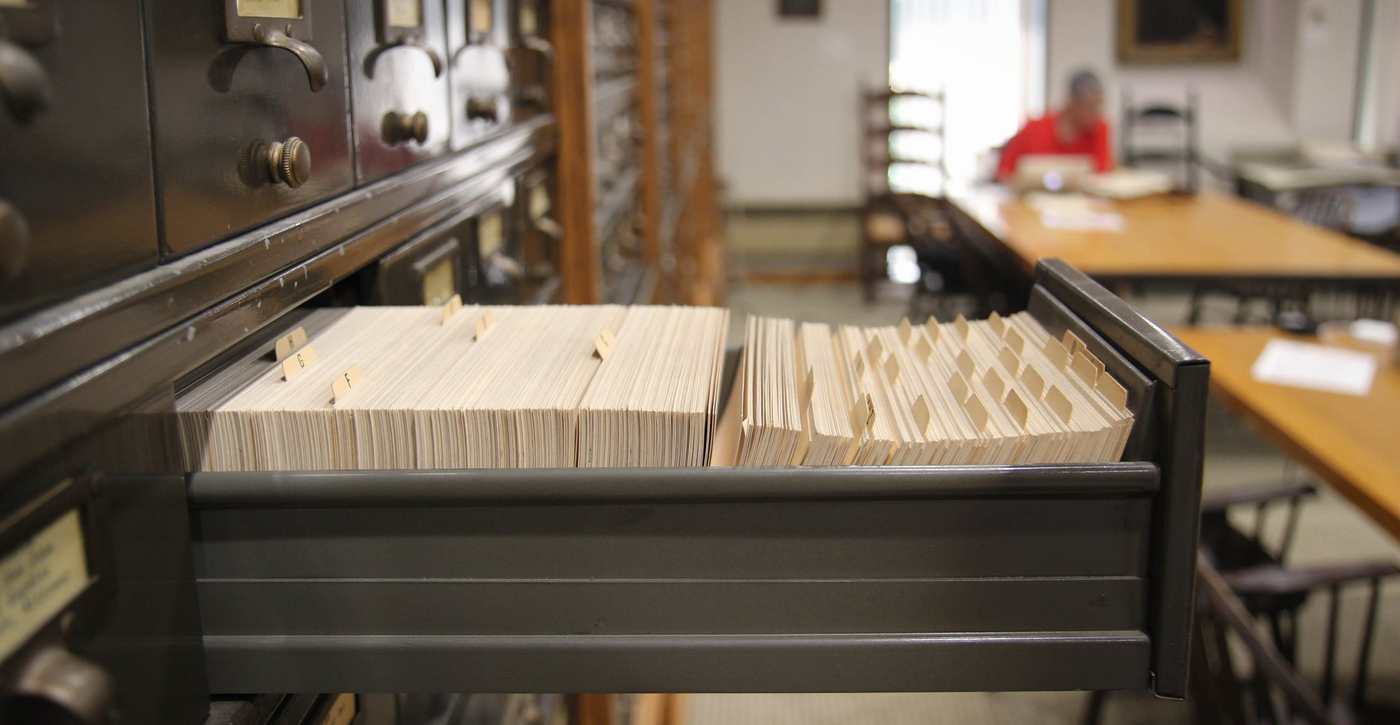




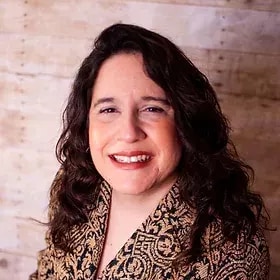
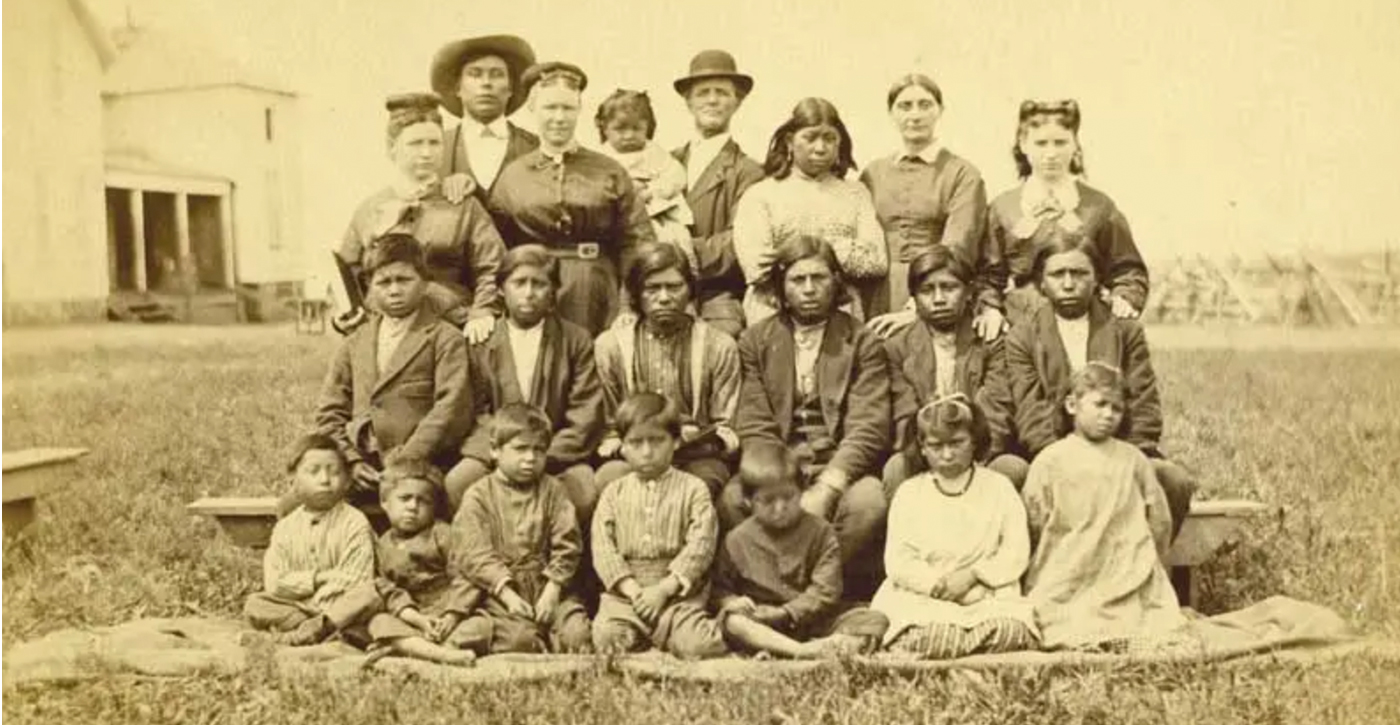
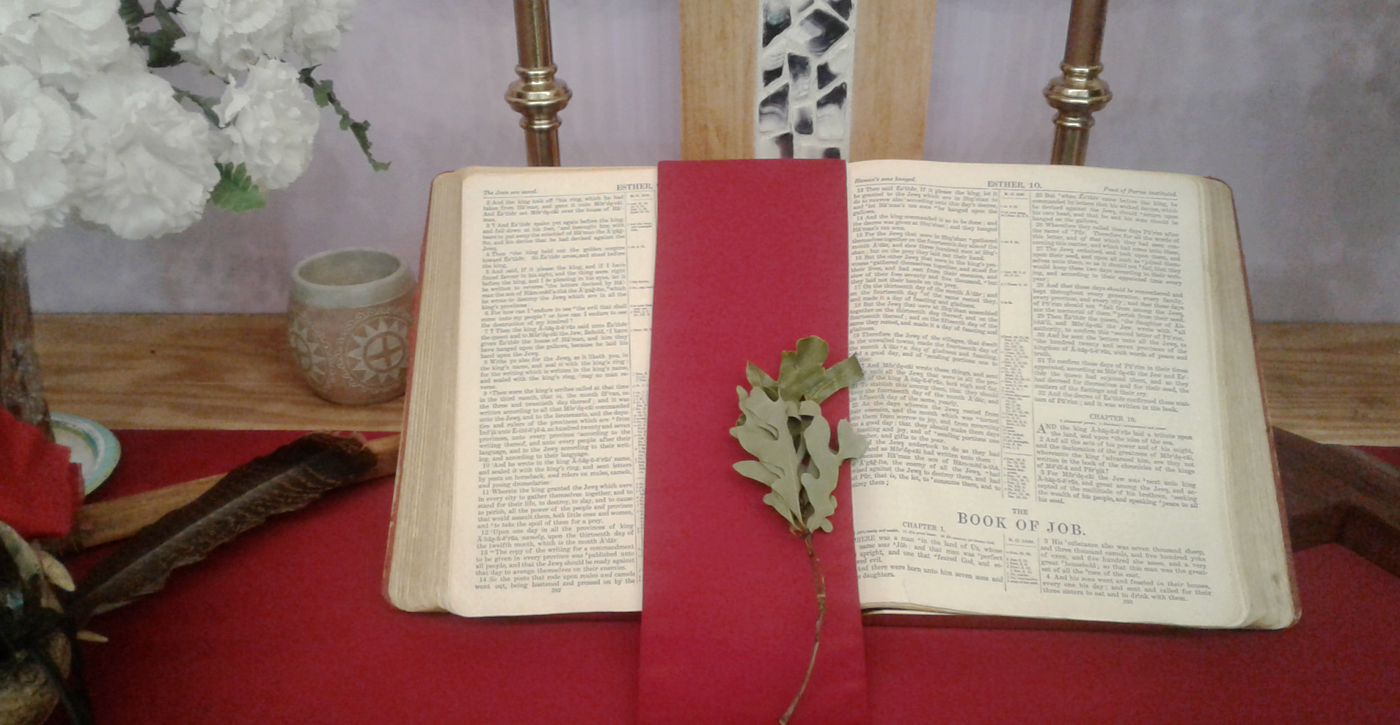
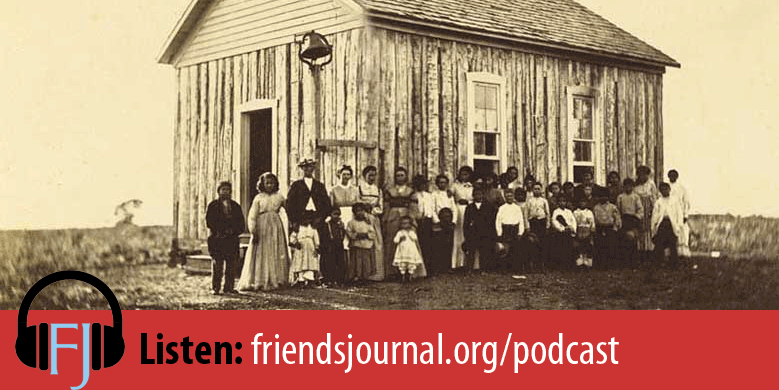
Comments on Friendsjournal.org may be used in the Forum of the print magazine and may be edited for length and clarity.